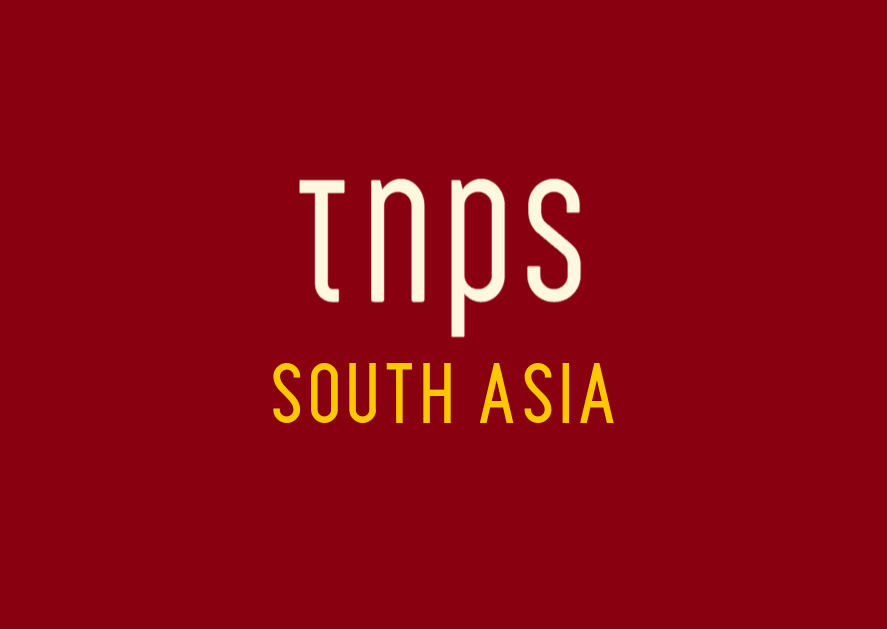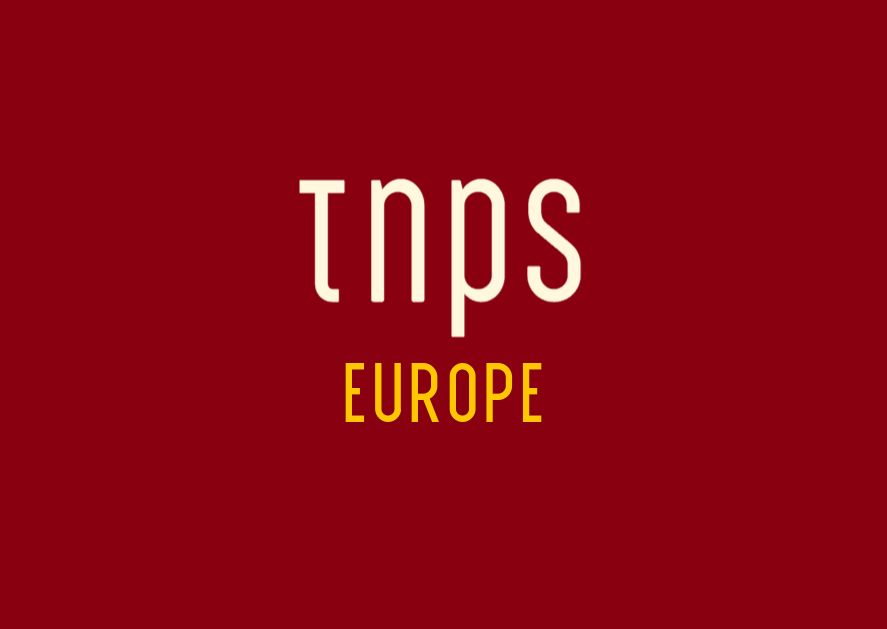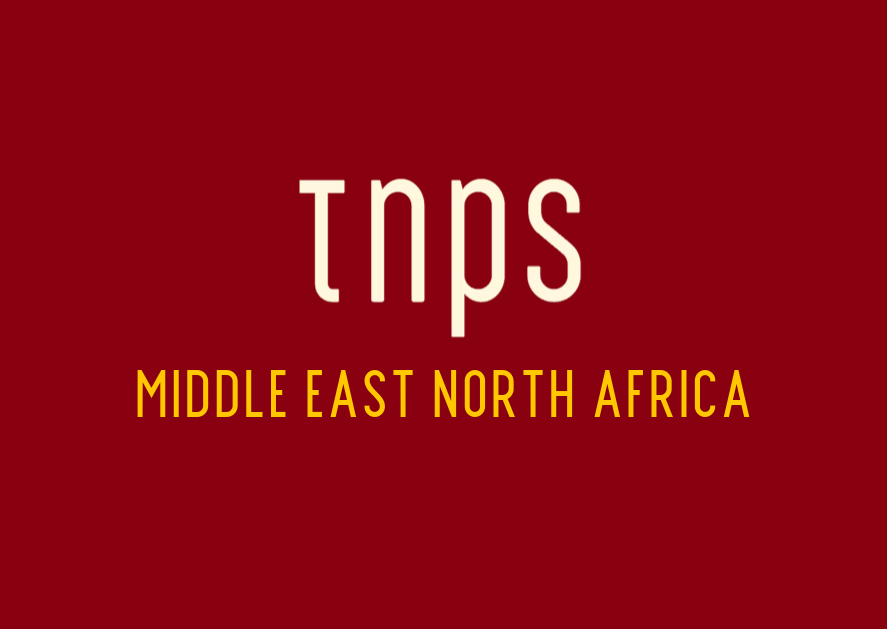Cuban poets will be joined be poets from 25 countries for the first Havana Biennial of Poetry, which will take place in the Martinez Villena room of UNEAC (Union of Writers and Artists of Cuba) on May 27.

Alex Pausides, president of CubaPoesía, which is organizing the event, described the biennial as,
a poetic action that, with the participation of poets from all continents and all provinces of the country, will make our city the world capital of poetry.
Hundreds of Cuban poets will be joined by a similar number from overseas, including from the USA, Mexico, Colombia and China, and the event will spread beyond the Martinez Villena room, utilizing “work centers, schools, communities, neighborhoods, public spaces and municipalities of the capital,” with schools a key focus.
Via PublishNewsES.
On a wider note, it’s worth reminding ourselves that the apparent Cuban Renaissance is in fact more a reflection of the world finally sitting up and talking notice of Cuba in the post-Castro era.
The global interest in turn nurtures the Cuban creative spirit and we get to see more of the wonderful culture Cuba has to offer, but in fact Cuba has long been a centre for cultural excellence in the Spanish-speaking world, and is home to the biggest book fair not just in the Caribbean but in Latin America, which begins in Havana each February and then spreads across the country, typically attracting over 2 million visitors.
This year Algeria was guest of honour at the Havana International Book Fair, which itself is a trend to watch, as Algeria likewise emerges as a key player on the global publishing stage.
Cuba celebrates its quincentenary in November and that will be theme of Cuba’s role as guest of honour at the Buenos Aries International Book Fair in Argentina in 2020.
This week the 9th Congress of the Union of Writers and Artists of Cuba (UNEAC) was held in Guantánamo.
At just 40% internet penetration Cuba presents an exciting digital prospect for publishers both within and beyond the island. That 40% already equates to 4.8 million people online – more than New Zealand, and closing in on Finland, Norway and Denmark.





